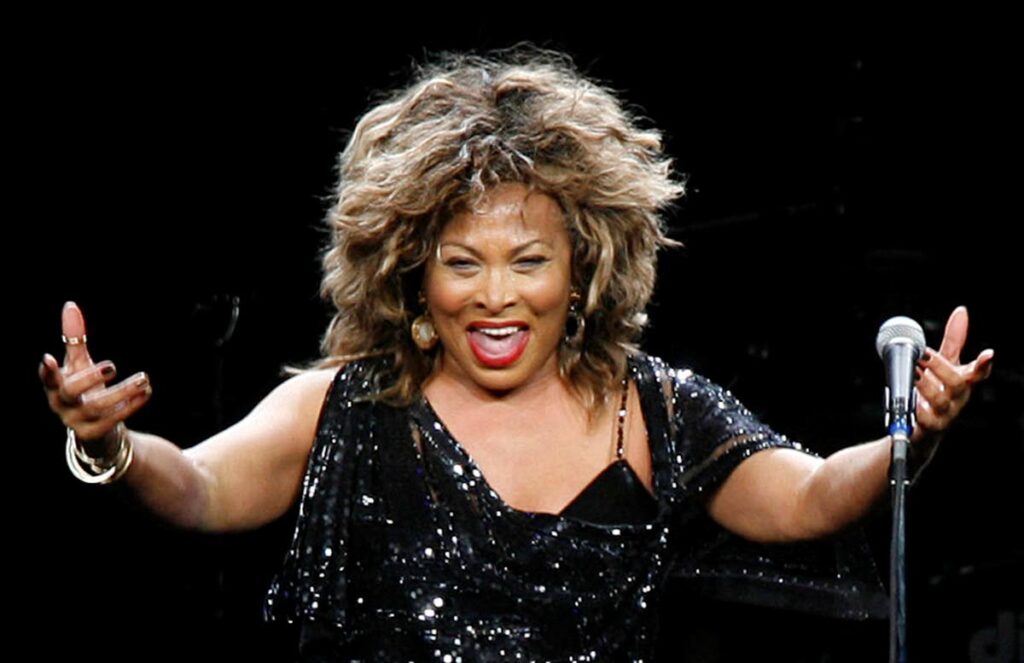Simply the best

YOU COULD see the bravery of Tina Turner even before you heard it in her music. No one could strut down perilous stairs and stage sets with as much fierce style, grit and electrifying determination. In heels, too.
The image of Ms Turner held in the minds of most when news of her death at 83 broke on Wednesday, was of a pioneering musician who managed to be the complete package, someone who talked the talk and walked the walk.
Today, musicians are encouraged to have a certain “look” or brand. But Ms Turner, born Anna Mae Bullock, was doing all that long ago: with her shock of hair, her denim outfits and her signature legs.
Before #MeToo, she became a symbol of female empowerment in the 1980s when she went public with years of abuse.
As part of the Ike & Tina Turner Revue, she had stormed the charts for 15 years with robust soul-rockers like Proud Mary and River Deep-Mountain High before leaving Ike in 1976. She later detailed years of trauma and abuse by him, such as being beaten with a shoe stretcher while pregnant.
“She was the only person that I could think of in the whole entire world that had spoken about domestic violence so eloquently,” said Melanie Brown, the former Spice Girl, who was inspired by Ms Turner to speak out about her own experience as a survivor of domestic abuse in her 2018 book Brutally Honest.
However, after leaving Ike, Ms Turner endured years in the musical wilderness. She was dropped by her record label. She resorted to playing gigs in Las Vegas, at a time when that was not a fashionable thing. She even became a punchline for a new generation of musicians who, in rap songs, blithely referenced this era of her life in a manner that risked immortalising the perpetrator.
It was only when she took yet another brave risk in 1984, with the release of What’s Love Got To Do With It, that Ms Turner’s fortunes changed.
Up until that point, her brand was more rock and roll than pop, more rhythm and blues than stadium anthem. The risk paid off: the softer tones of Ms Turner’s vocals made her seem even steelier. It became her career’s biggest hit, cementing her place in history and supplying the title to an acclaimed biopic.
If she was an advocate for survivors, however, Ms Turner also highlighted other causes, such as in We Don’t Need Another Hero from the film Max Max: Beyond Thunderdome, a project mindful of the impact of environmental issues on future generations. It was an ironic reflection of the hero she had by that stage, for so many, already become.


Comments
"Simply the best"